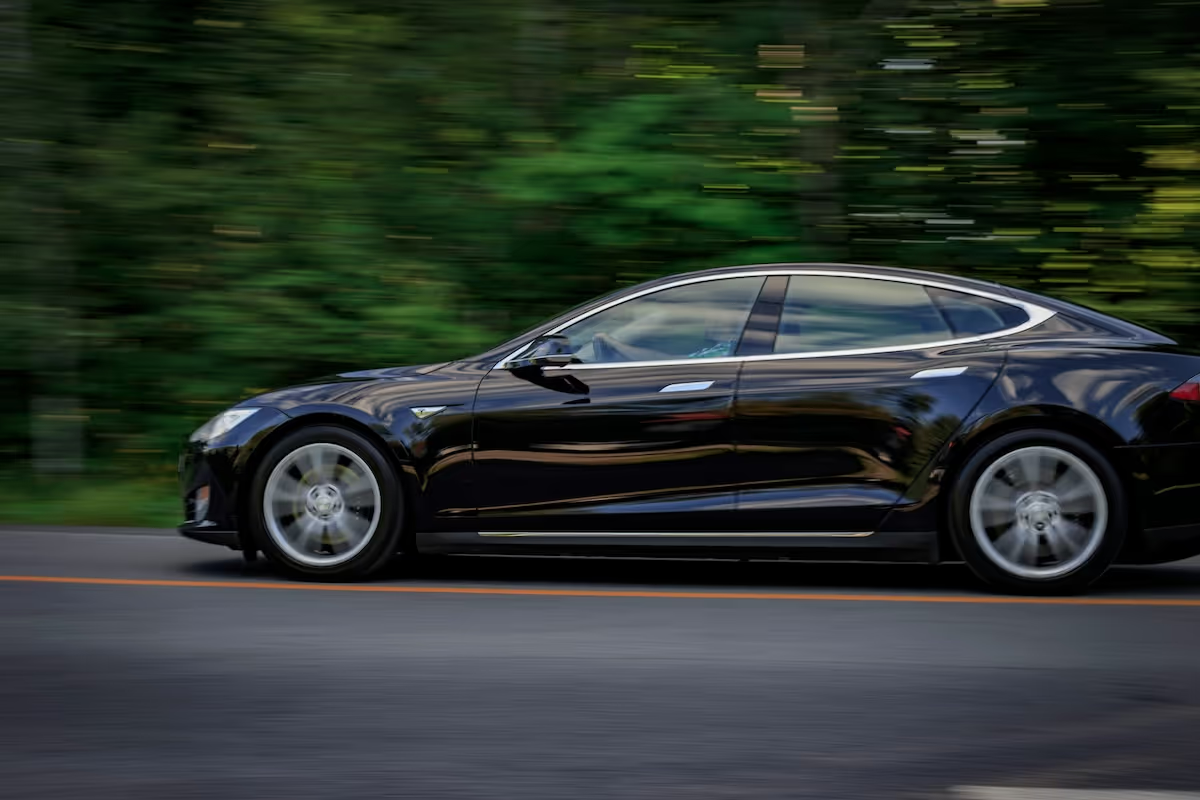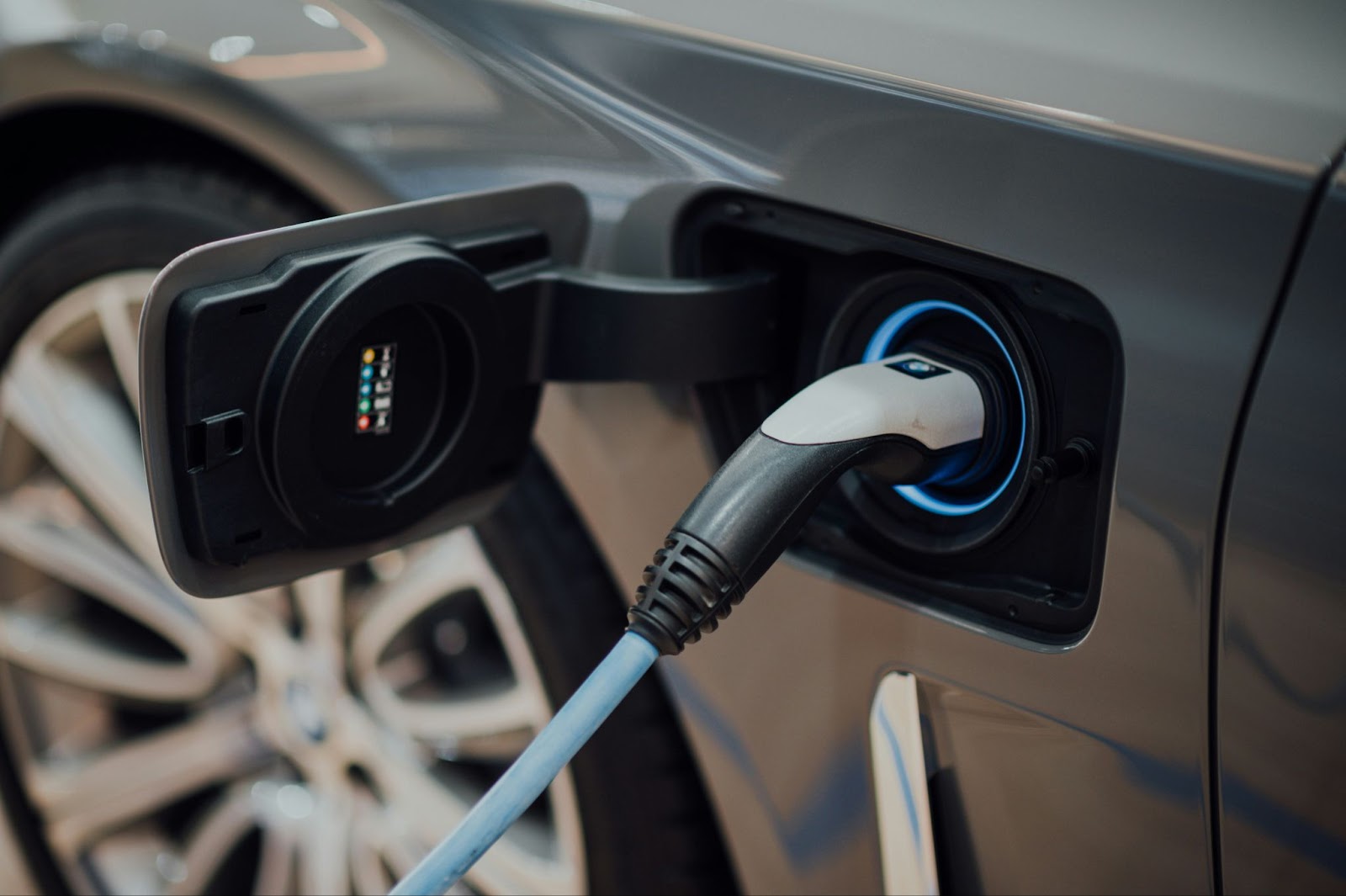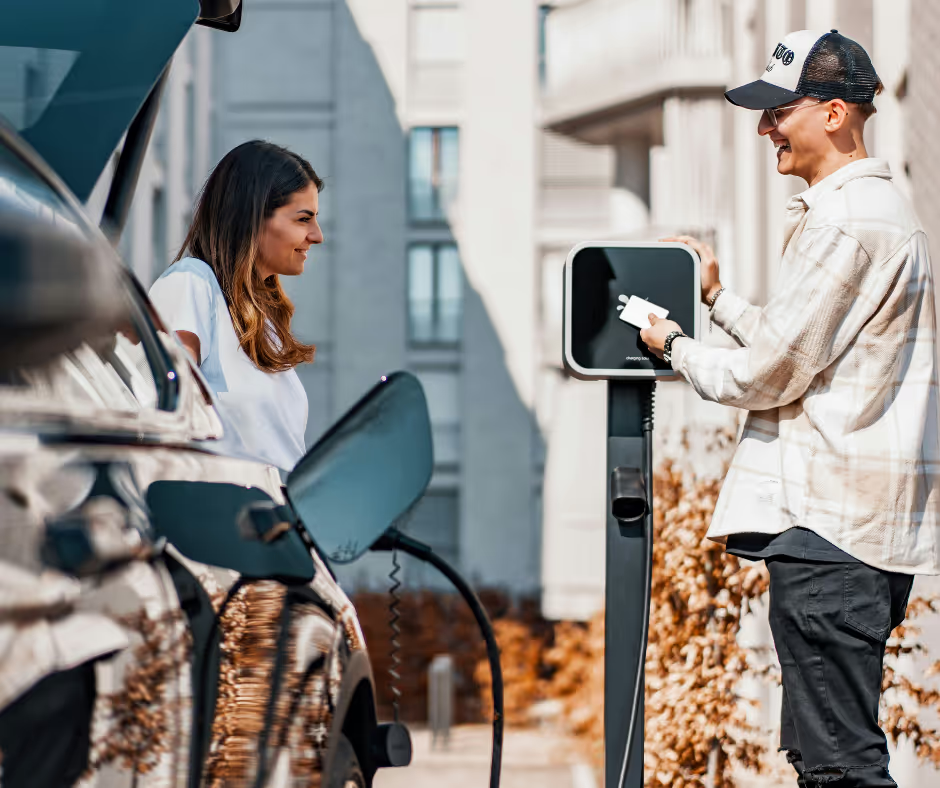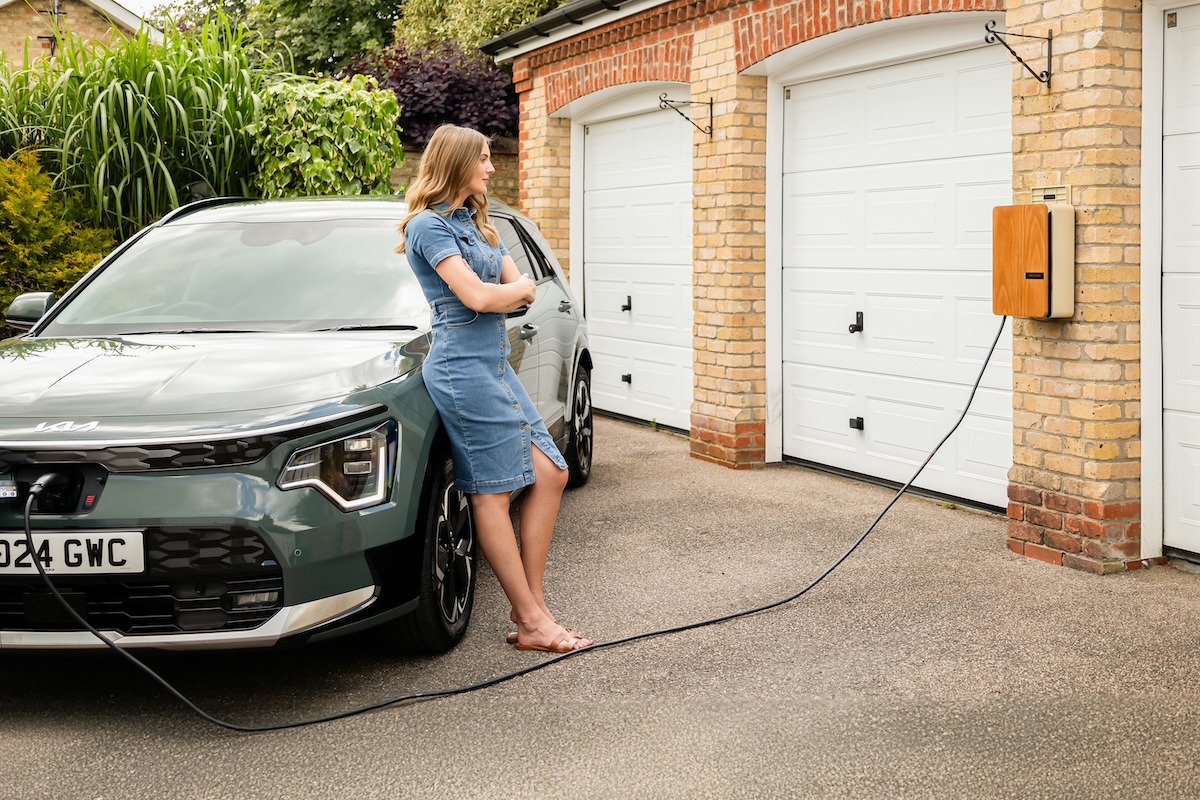The Smart Business Case for Used EVs: Why EV Salary Sacrifice is Driving Sustainable Change

The electric revolution is supercharging the way we drive. While headlines focus on the latest new EV models, smart businesses are discovering that used electric vehicles through salary sacrifice are the future. They offer the perfect blend of sustainability, affordability, and employee satisfaction. The numbers tell a compelling story: over 52% of loveelectric's orders in Q2 2025 were for used models, signalling a mature market where value and environmental responsibility go hand in hand.
The Real Value of Going Electric with Used EVs
For businesses serious about their ESG commitments, used EVs through salary sacrifice create an opportunity that's too good to ignore. Your employees get access to premium electric driving at a fraction of the cost, while your business accelerates its journey toward net-zero goals.
The financial benefits are immediate and substantial. CarMax’s Spring 2025 Electric Vehicle Consumer Report shows that used EVs are typically 30 to 40% cheaper than new models. At the same time, they keep the ultra-low 3% Benefit in Kind rate that makes salary sacrifice so appealing. The scheme is cost neutral for the business, as the lease payments are taken from employees’ gross salaries, reducing employer National Insurance contributions. This means your employees can access electric driving for significantly less than they might expect, while your business benefits from reduced Scope 3 emissions and enhanced sustainability credentials at no extra cost.
Battery Confidence: The Foundation of Smart EV Adoption

The biggest concern for drivers considering used EVs has always been battery health. The reality is far more reassuring than many expect. According to recent Geotab research, most EV batteries degrade by just 1.8% per year, typically retaining 90–95% capacity after five years. This isn't just a theory. It's real-world data that demonstrates the long-term reliability of electric vehicle technology.
loveelectric supports informed decision-making by offering real-world battery health insights through our Clearwatt partnership. Consider the popular Volkswagen ID.3 with its 45.0 kWh battery, delivering a real-world range of up to 170 miles. On average the models in our programme indicate battery health of around 94%. These aren't vehicles limping toward the end of their useful life. They're mature, reliable electric cars that offer years of dependable service.
EV warranty protections add another layer of confidence. Most EVs now come with an 8-year or 100,000-mile battery warranty, typically guaranteeing at least 70% capacity retention, according to recent data from Electric Car Guide. In contrast, conventional engine warranties typically last around 5 years or 60,000 miles. This extended coverage means EV drivers actually have better long-term protection than those choosing traditional vehicles.
Simplifying the Employee Experience

One of the strongest arguments for salary sacrifice isn't just financial. It's about removing complexity for your employees. As Steve Tigar, loveelectric CEO, explains:
"Switching to an EV is not just swapping one car for another. From chargers and cables to understanding kilowatt hours, there is a lot to get to grips with. A bundled offering removes the complexity and gives customers confidence."
Getting your dream EV through loveelectric means servicing, MOT, tyre replacement, breakdown cover, glass repair,and fully comprehensive insurance is all included. As one of our drivers recently shared: "I was getting tired of servicing bills... EVs [are] so simple and reliable." Another noted: "Insurance and servicing included – the all-in-one package gives peace of mind and makes budgeting easier."
The practical benefits of EV salary sacrifice extend beyond convenience. While servicing costs for electric vehicles have risen slightly over the past year, they remain 29% cheaper to service than fossil fuel models over the first five years of ownership, according to The Car Expert's 2025 analysis. This cost advantage, combined with predictable bundled packages, makes electric driving not just environmentally responsible but financially sensible.
Meeting Tomorrow's Reporting Requirements Today
Forward-thinking businesses understand that sustainability reporting requirements are intensifying. The International Sustainability Standards Board (ISSB) now requires mandatory Scope 3 emissions disclosure from private companies. Business travel and employee commuting fall directly under this reporting requirement.
An EV salary sacrifice scheme offers a proactive solution to these emerging compliance challenges. By helping employees transition from fossil fuel vehicles to electric alternatives, businesses can demonstrate measurable progress in reducing their Scope 3 emissions while offering a valuable employee benefit.
The timing couldn't be better. With the government's commitment to maintaining the ultra-low 3% BiK rate, and planned increases of just 1% year-on-year until 2028, businesses have a clear window to implement meaningful change while maximising the financial benefits for their employees.
Building Future-Focussed Employee Benefits
The question for businesses isn't whether to embrace electric vehicles, but how quickly they can implement solutions that benefit both their employees and their sustainability goals. Used EVs through salary sacrifice offer the perfect answer: immediate impact, long-term value, and genuine environmental progress.
Ready to explore how EV salary sacrifice can transform your employee benefits while advancing your sustainability commitments? The future of business transport is electric, affordable, and available today. Check your eligibility here.





